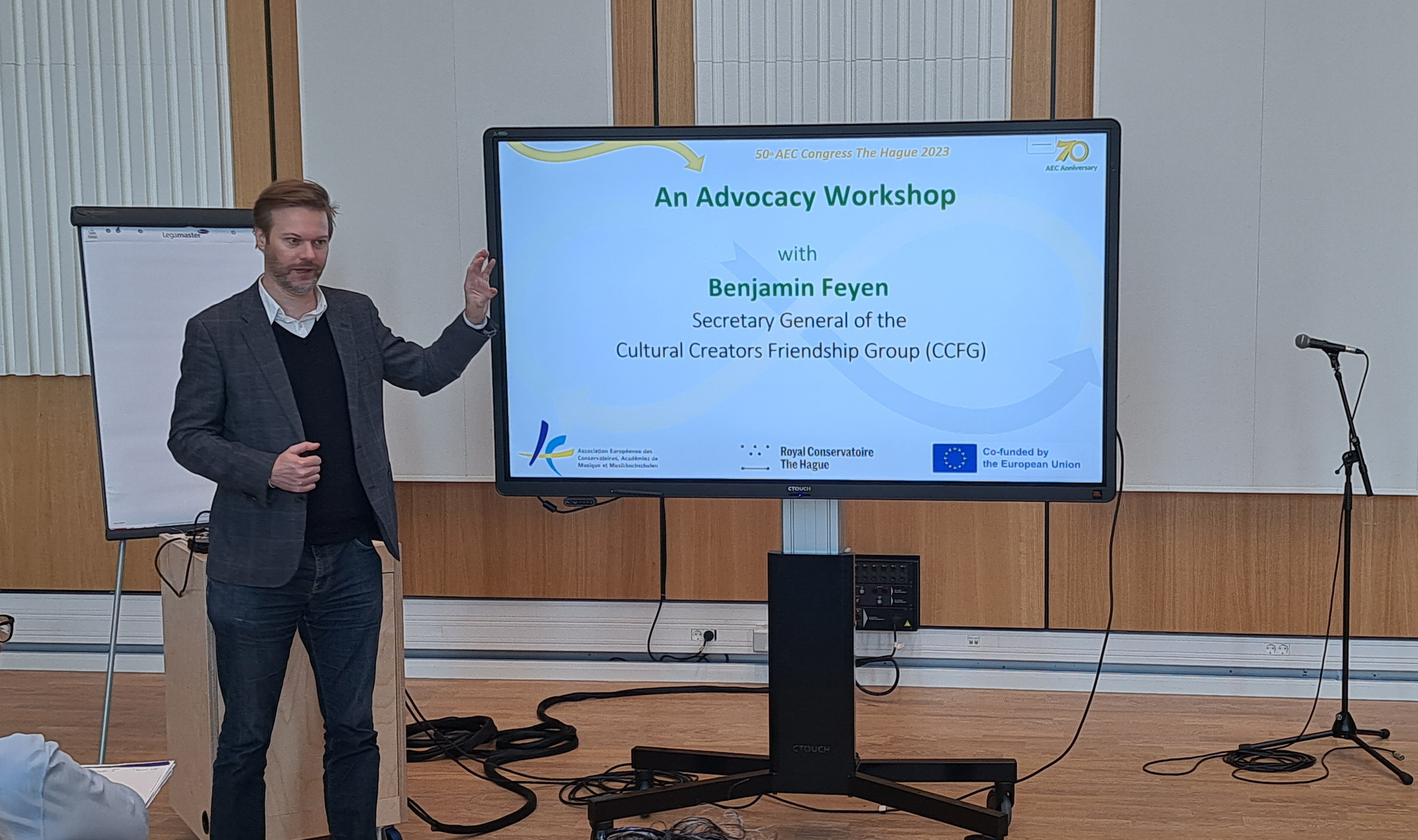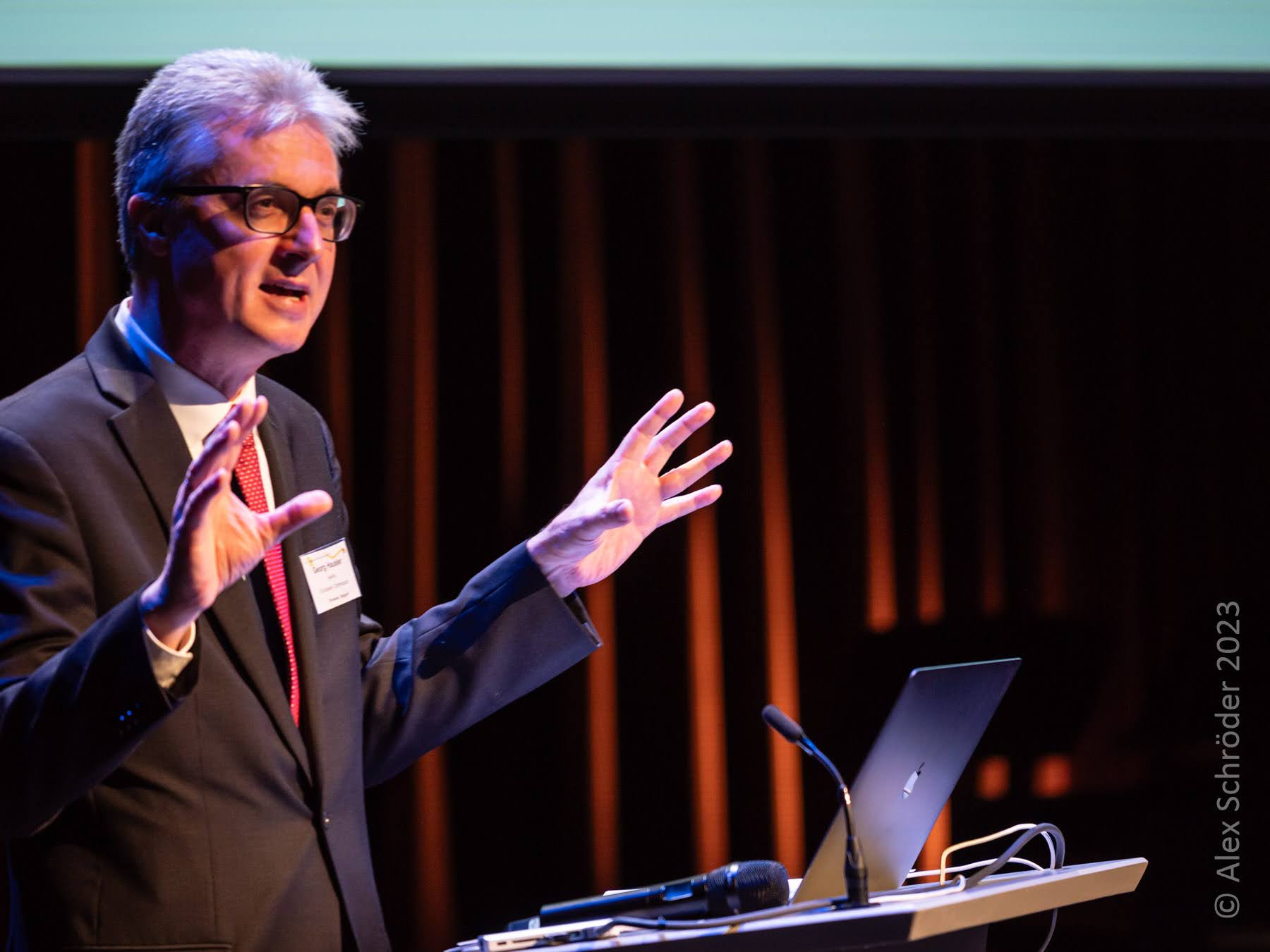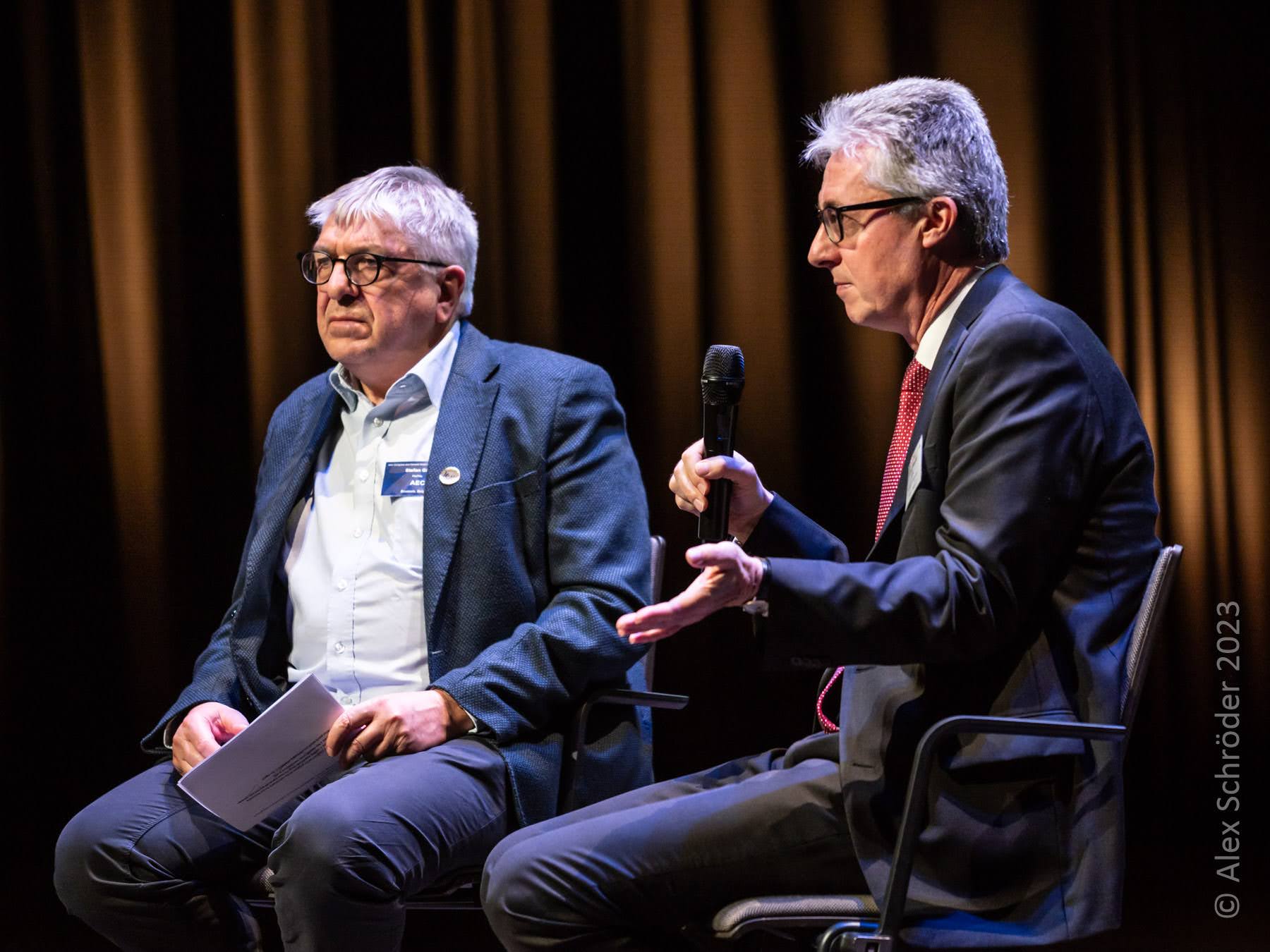Latest news from the European Parliament
The European Parliament’s legislative period is slowly coming to an end, and it seems that the Members of Parliament (MEPs) want to show once more to their voters that the majority of them is in favour of supporting and promoting culture and education.
No cuts for Creative Europe under the 2024 EU budget
In the EU parliament’s decision of 20 November, the plans submitted by the EU Council to cut the Creative Europe budget finally became legally binding. One day later, a resolution to improve the living and working conditions of artists was adopted. On 15 November, the Commission put forward to the EU Council a proposal on the future of learning mobility, which aims to make learning mobility the norm in the future.
These are small steps, but this is also good news. However, this should not blind us to the fact that we are looking ahead with great concern to the upcoming European Parliament elections in June. Only about a quarter of Members of Parliament (MEPs) have yet to vote against all these motions to promote culture and mobility. But we should keep in mind that those who voted against were all MEPs from the radical right, but some were also from the right-wing spectrum of conservative parties.
Latest news on AEC Advocacy activities
During the last AEC Annual Congress, advocacy played a prominent role, perhaps more prominent than ever.

We organised a pre-congress workshop in which Benjamin Feyen, Secretary General of the Cultural Creators Friendship Group, in conversation with members of the AEC Advocacy Task Force, gave interesting and revealing insights into the engine room of the legislative machine of the European Parliament. The Cultural Creators Friendship Group is a voluntary association of MEPs who are members of the CULT Committee (Committee on Culture and Education) or otherwise committed to the sake of art and culture. Benjamin Feyen is one of the key people who keep this machinery running, albeit he might hardly be visible to the public.

AEC also invited Georg Häusler to deliver a speech and the subsequent Q&A in the frame of the Congress. In his capacity as Director for Culture, Creativity and Sport in the European Commission (DG EAC), Georg Häusler is one of the highest-ranking representatives in the Commission dealing with arts and culture who is also its executive officer in charge of running the Creative Europe programmes. On the one hand, it was certainly an added value for our members to learn more about what the players at the executive level of European cultural policy actually do, what topics they deal with and what the wider context looks like in which their activities are embedded in. But it is at least as important if not more so, to give representatives of the European Commission such as Georg Häusler the opportunity to dive into the AEC Congress, to feel the atmosphere and the energy, to talk to participants and to learn more about which topics are relevant to the AEC community. And Georg Häusler was indeed impressed by what he experienced in The Hague. This is also part of successful AEC advocacy work.







